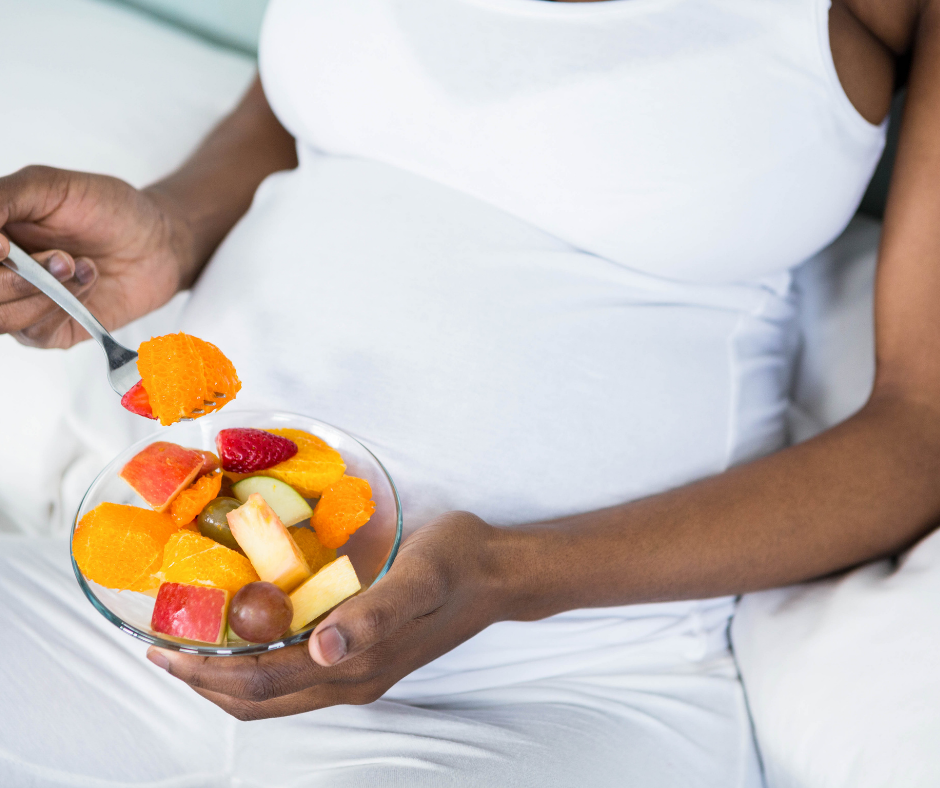5 Tips for Nourishing Yourself During the Postpartum Period from a Registered Dietitian
Caring for an infant, sleep deprivation and a new routine can make getting in a healthy meal extra challenging during the postpartum period. Unfortunately, the “fourth trimester,” or the first three months after giving birth, are a time when nutrient needs are increased to support physical recovery, mental health and breastfeeding.
Taking care of yourself during this time by eating nourishing meals is so important. Here are my top tips for nourishing yourself (without spending hours in the kitchen!) during one of the busiest seasons of your life.
- Make a plan!
When it comes to health, planning ahead is 80% of the equation. Time is precious during the first few weeks and months postpartum but setting aside just 5-10 minutes each week to plan out your meals is the best way to ensure you are prepared for the week ahead.
Your plan shouldn’t be rigid but should instead serve as a rough guide for your week ahead so that when 7pm hits, you know exactly what’s for dinner and are less likely to skip a meal or rely too heavily on processed foods, which often are less nutrient-dense than real, whole foods.
- Stock your freezer
During your third trimester, stock your freezer with pre-cooked items to make throwing together a nutritious meal quick & easy. I always keep frozen fruit, vegetables, pre-cooked proteins (like turkey burgers and veggie burgers) and whole grains (like quinoa and brown rice) in my freezer for “throw-together” meals. Research shows that the difference in nutritional value between frozen and fresh produce is negligible. Plus, frozen produce is often cheaper!
- Have healthy snacks ready to go
Eating at regular intervals (every 3-4 hours) and keeping your blood sugar stable will help you keep your energy up while juggling a baby. Snacks that contain fiber, healthy fat and protein are the most satiating. However, most snack foods are high in processed carbohydrates and lack the nutrients that actually keep us full and energized.
Instead of crackers, chips and pretzels, go for something more satisfying and nutrient-dense like an apple and almond butter, a handful of nuts, greek yogurt with berries or hummus paired with a whole grain or seed cracker.
- Batch Cook
When you do find the time to cook, double recipes so that you have lots of leftovers for future meals. During the fall and winter months, I love making a big batch of turkey chili or lentil soup because it keeps so well in the fridge for leftovers the next day or in the freezer for 2-3 months for future meals. If you are roasting vegetables, cooking grains or grilling meats, always double what you are making so that future meals are that much easier!
- Ask for help!
Don’t be afraid to recruit others to help you out! Put your partner in charge of ordering the groceries or batch cooking for the week. If offered, take your friends up on a meal delivery. Order your groceries online and use a meal subscription service like Daily Harvest, Sun Basket or Green Chef. You deserve to be taken care of too, mama!



